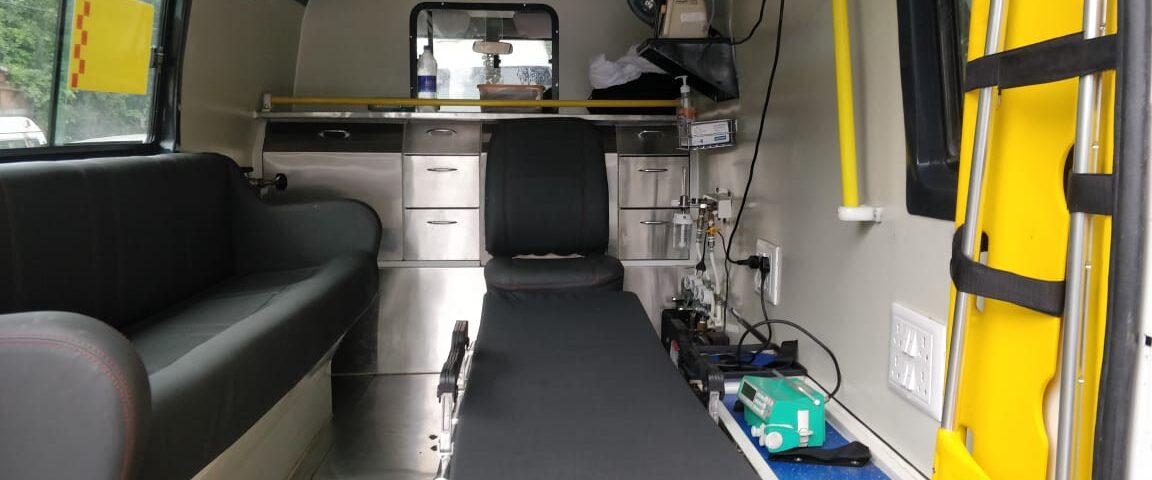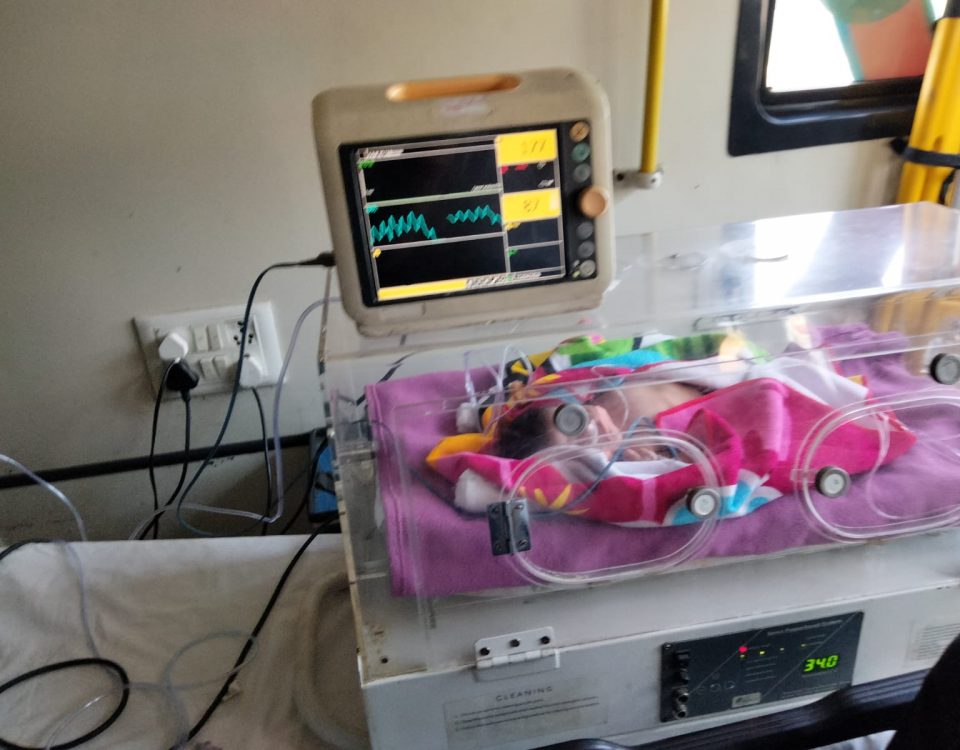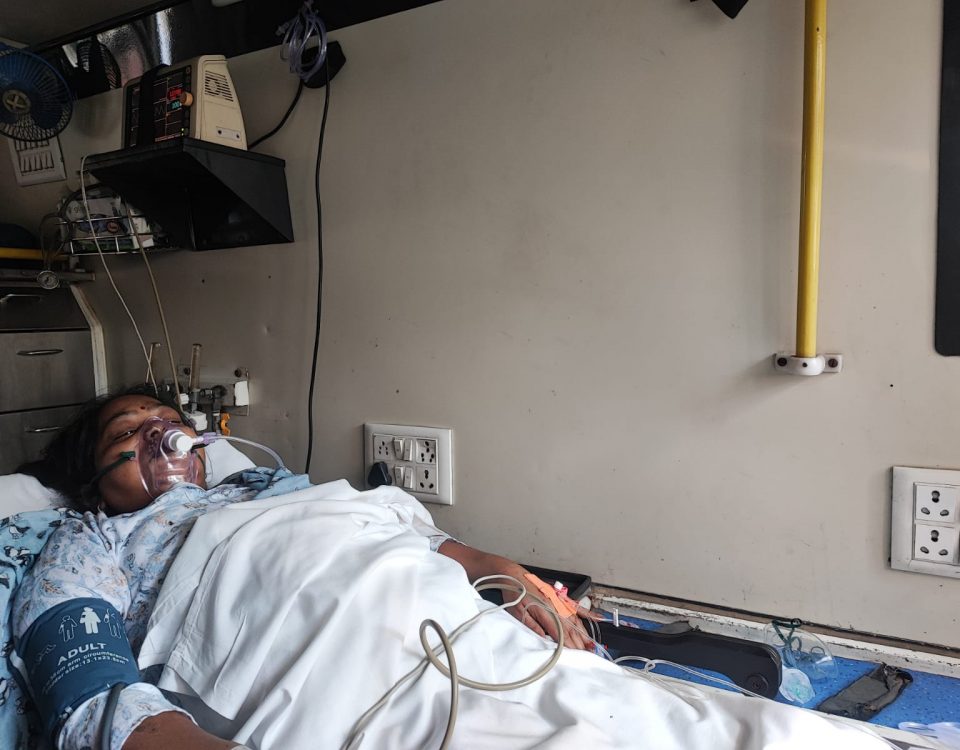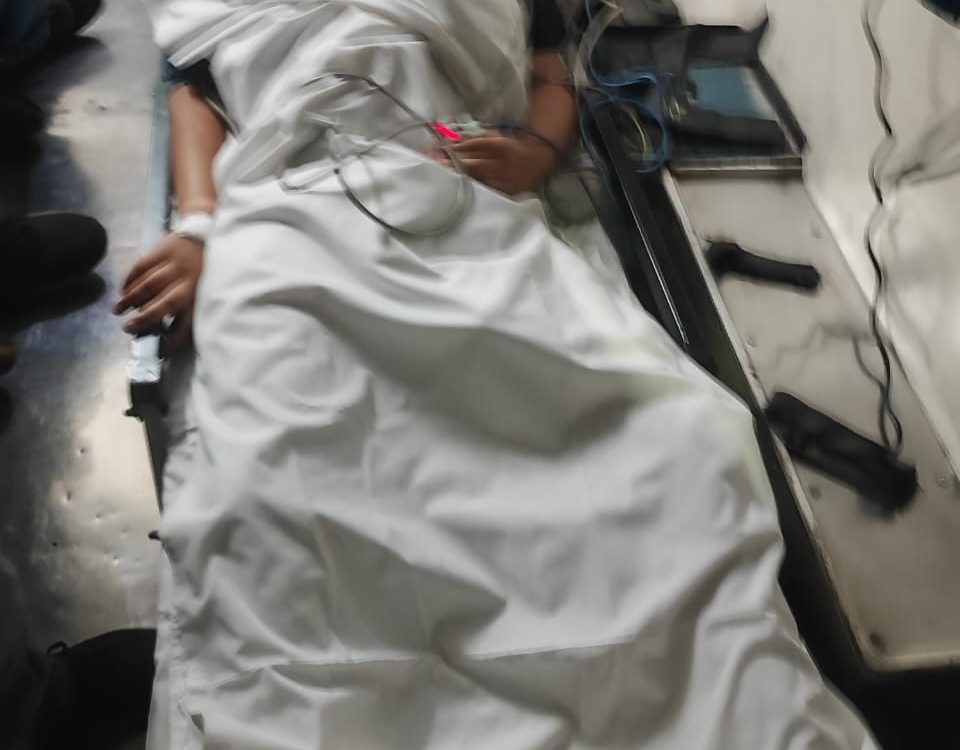How is Critical Care ICU ambulance different from a Regular Road Ambulance?

If you are looking for an ambulance, you might have noticed most of the medical evacuation providers have two types of ambulances. A regular one and an advanced version which houses all the modern set of equipment usually present in an intensive care unit. So, what is the major difference between the two and which one should you hire? That's what our today's blog will shed light on –
One common feature of both the vehicles is they offer the patients pre-hospital support. This can aid in keeping their condition sound till they are transported to the healthcare centers.
In a regular ambulance, the patient is generally accompanied by two emergency technicians.
These personnel undergo only a few months or a year of training maximum. They do not hold a degree in treating illnesses and therefore, are not allowed to administer medication or conduct any medical procedure. A patient facing a life-threatening condition will be left without a medical aid if transported via this vehicle.
It is also called basic life support ambulance for the reason. Their staff can perform –
• Heimlich Maneuver
• Cardiopulmonary resuscitation
• Use automated external defibrillator
In short, they can take any action to improve the condition of patients that doesn't require administering drugs, injection or piercing the skin. This type of medical vehicle is a suitable option for patients returning from hospital to home and for transporting the ones to hospitals who are not critical, for example, psychiatric patients.
An ICU ambulance is literally ICU on wheels. The vehicle is designed to offer ALS (advanced life support). Here, the patient is served by two emergency paramedics. These individuals possess the skill of treating people facing extreme health issues. In our ICU ambulance, you are cared by an excellent team of consisting of a doctor, nurse or paramedics.
Having undergone studies and practiced for years, our team can handle the intense pressure that comes with patients suffering deteriorating health and keep them in stable condition till they reach the hospital.
Airway support equipment, cardiac life support, cardiac monitors and glucose testing devices are a necessity for running an ICU van. You will also find other machines and equipment in modern ICU ambulances which includes the following -
• Defibrillator
• Re-breathing circuit
• Suction kit
• Spinal collars
• Spine board
• Inflatable splints
• Wheelchair
• Medical kits
• Drugs
• Sphygmometer
• Pulse oximeter
• Scoop stretcher
Thus, if an immediate medical procedure needs to be performed to save a patient's life, an ICU ambulance is the preferable option.



